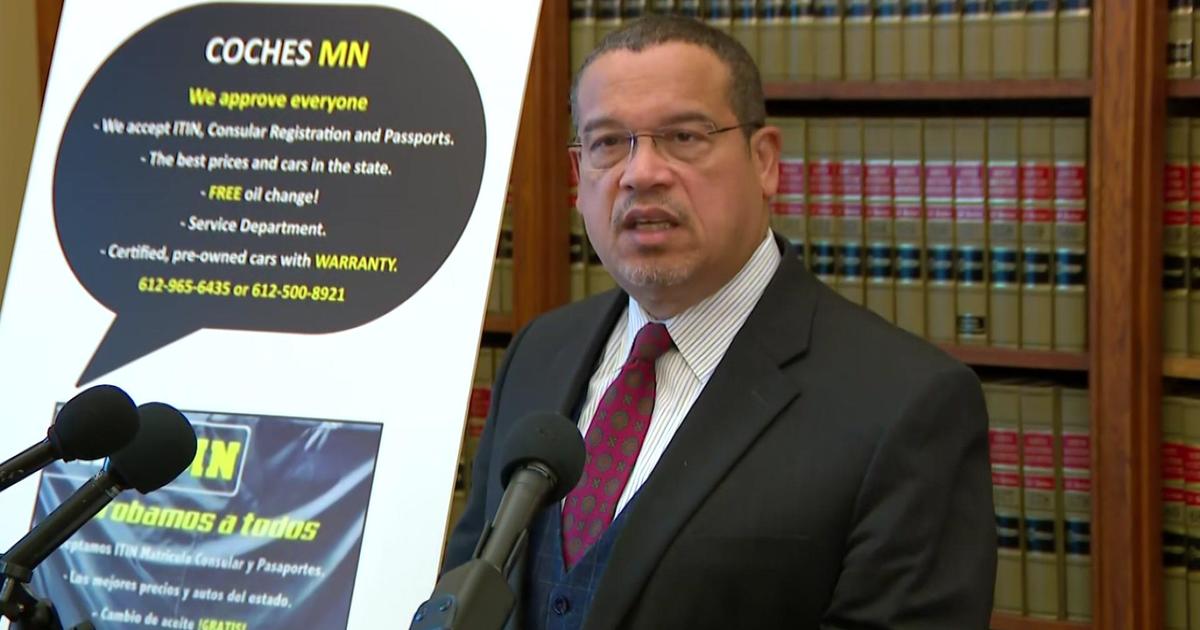Good Question: How Much Should We Be Saving?
MINNEAPOLIS (WCCO) -- A new study finds we're not saving nearly as much as we should or could.
Interest.com looked at typical household spending in the Twin Cities and subtracted it from the area's media after-tax income. For an income of just over $62,000, the researchers found $8,878 -- or $740/month -- should be left over.
"We found a middle-class family can have a very nice lifestyle and still have $8,000 to save if they make smarter decisions about how to save their money," said Mike Sante, Interest.com's managing editor.
Compared to other metro areas, Minneapolis/St. Paul fares quite well, given our third-highest median after-tax income in the country and second highest expenses.
The study also found more than half of people save nothing and only 34 percent of Twin Cities households contribute to a 401(k) or IRA.
According to Nicole Middendorf, owner of Prosperwell Financial, women should save 12 percent of everything they earn from high school graduation through retirement. For men, it's 10 percent.
"But, 12 percent isn't enough, because for most people, by the time you're looking at retirement, most people are 40 or 50 and they don't have enough saved," she said.
The Department of Commerce reports the average American saves less than 4 percent. In the 1960s, '70s and early '80s, the average savings rate was over 10 percent.
"I look at the younger generation, my children, in fact, they don't realize what retirement is," said retired Craig van Blarcum of Minneapolis.
Middendorf estimates a person needs between 70-100 percent of their current income during retirement. If retirement is spread out over decades, that could mean between $2 million and $4 million.
"It's kind of a reality check," she said. "A lot of people are shocked when they hear that number."
She says finding that extra $740 a month comes down to writing out a budget.
"You can always find ways to save money," she said. "When's the last time you looked at your life insurance, your car insurance, your cell phone plan, your cable bill? There's always ways to cut back."
Others recommend withholding the money from your paycheck so you never see it, prioritizing putting a certain amount of money away each month or socking it away in a 401(k).
Middendorf recommends saving money in a 401(k) to meet your company's match, then saving the maximum in an IRA. If there's money left over, she said continue contributing to the 401(k). She also recommends starting to save early.
"The earlier you start, they easier it is, the power of compounding," she said.
For example, if you put aside the $740, interest.com recommends each month, after 30 years at a 7 percent rate, you'd have almost $900,000.



